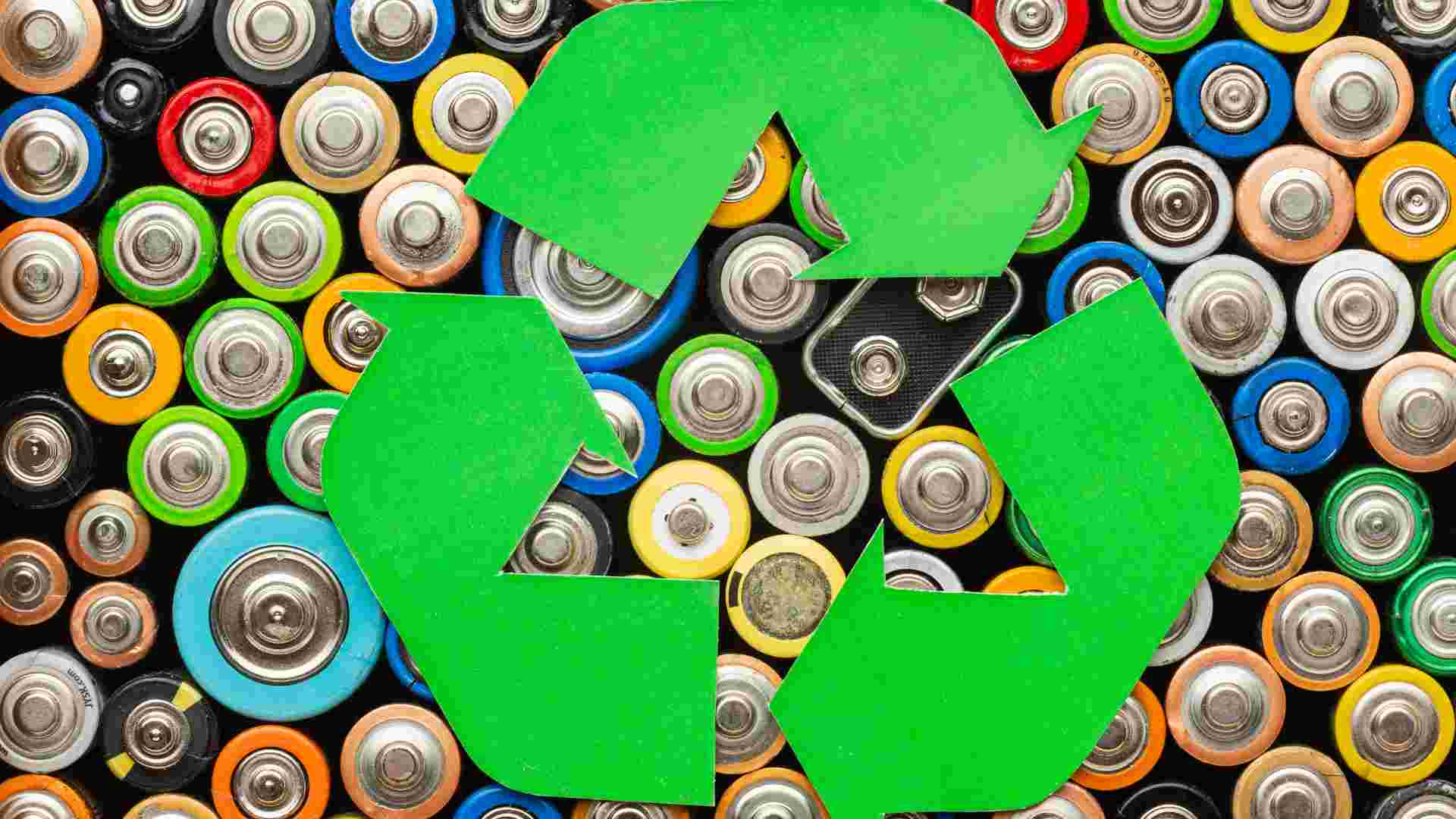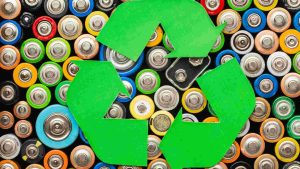![]()
The Impact of Importing Scrap Batteries on the Indian Economy and Relevant Industries: India is experiencing rapid economic growth and urbanisation, accompanied by an increasing demand for energy. As the country strives to meet its energy needs sustainably, the importation of scrap batteries has emerged as a crucial aspect of the economic landscape. This blog delves into the multifaceted impact of importing scrap batteries on the Indian economy and the industries closely associated with this trade.
1. Economic Contribution of Scrap Battery Imports:
The importation of scrap batteries significantly contributes to India’s economy through various channels. First and foremost, it serves as a source of raw materials for the battery manufacturing industry. Recycling scrap batteries provides a cost-effective means of obtaining valuable materials like lead, lithium, nickel, and cobalt, essential components in producing new batteries. This process helps reduce the dependency on virgin raw materials, contributing to resource efficiency and cost savings.
2. Employment Generation:
The battery recycling industry, fueled by the import of scrap batteries, generates employment opportunities across the value chain. From collection and transportation to recycling and manufacturing, a network of skilled and unskilled workers finds employment in this sector. This not only aids in poverty alleviation but also supports the government’s job creation agenda, contributing to broader economic development.
3. Environmental Impacts:
While the economic benefits are evident, the import of scrap batteries raises environmental concerns. Improper disposal and recycling practices can lead to water and soil pollution because of the toxic elements present in batteries, such as lead and cadmium. Therefore, a critical challenge for the Indian economy is to balance the economic gains from scrap battery imports and the need for stringent environmental regulations to ensure sustainable practices.
4. Influence on the Automotive Industry:
The automotive industry is a key player affected by the import of scrap batteries. As India aims to transition to electric vehicles (EVs) to curb pollution and reduce its carbon footprint, the availability of affordable batteries becomes paramount. Imported scrap batteries offer manufacturers a cost-effective solution, aiding in producing affordable electric vehicles. This, in turn, supports the government’s initiatives to promote a cleaner and greener transportation sector.
5. Challenges in Quality Control:
One of the major challenges associated with importing scrap batteries is ensuring the quality of the recycled materials. The variation in the composition of scrap batteries, coupled with inconsistent recycling processes, can lead to variations in the quality of recovered materials. This poses a challenge for battery manufacturers who need consistent and high-quality inputs to produce reliable batteries. Implementing robust quality control measures becomes imperative to maintain the integrity of the manufacturing process.
6. Impact on the Energy Storage Sector:
Apart from the automotive industry, the import of scrap batteries plays a pivotal role in the energy storage sector. With the surging integration of renewable energy sources like wind and solar into the grid, there is an increasing demand for energy storage solutions. Scrap batteries, when adequately recycled, provide a sustainable source of raw materials for manufacturing energy storage systems, contributing to the growth of this sector.
7. Trade Imbalance and Foreign Dependence:
While importing scrap batteries brings economic benefits, it exposes India to a potential trade imbalance and foreign dependence. Reliance on imported scrap may make the country vulnerable to fluctuations in global market dynamics, impacting the availability and pricing of these materials. To mitigate this risk, there is a need for strategic planning, diversification of sources, and investment in domestic recycling infrastructure.
8. Policy Interventions:
A comprehensive policy framework is crucial to address the challenges and maximise the benefits of importing scrap batteries. The government should focus on formulating and enforcing regulations that ensure environmentally sustainable recycling practices. Simultaneously, incentives and support for research and boost the efficiency and competitiveness of the domestic industry.
9. Technological Advancements:
Investments in research and development are essential to foster technological advancements in battery recycling. Adopting innovative and efficient recycling technologies can enhance the yield of recovered materials and reduce environmental impacts. Additionally, advancements in battery technology, driven by research and development, can contribute to creating more sustainable and high-performance batteries.
Conclusion:
The import of scrap batteries is a double-edged sword for the Indian economy. While it significantly contributes to economic growth, job creation, and the development of key industries, it also presents challenges related to environmental sustainability, quality control, and foreign dependence. Striking a balance between economic advantages and environmental stewardship requires a concerted effort from policymakers, industry players, and society. With the right mix of regulations, investments, and technological innovations, India can harness the potential of scrap battery imports to drive a sustainable and resilient economy.





